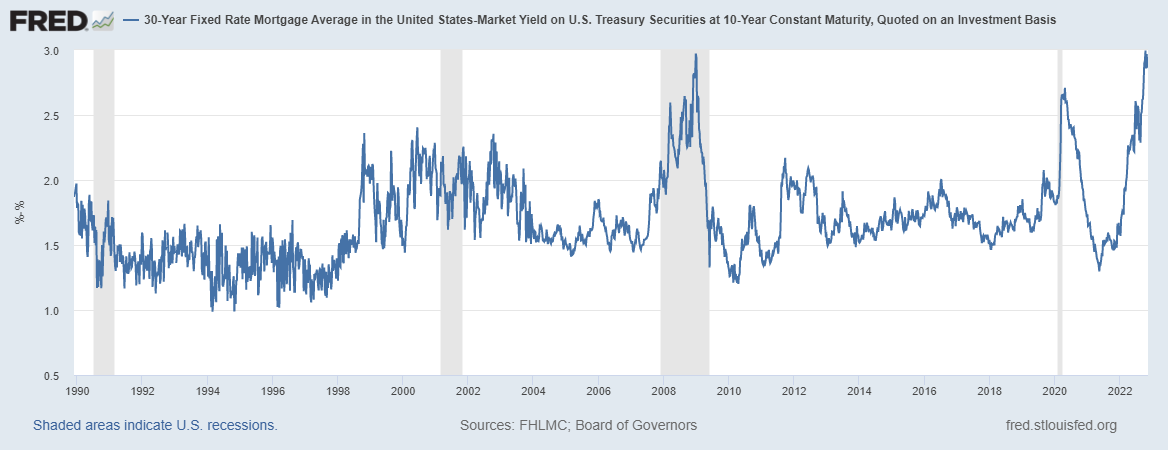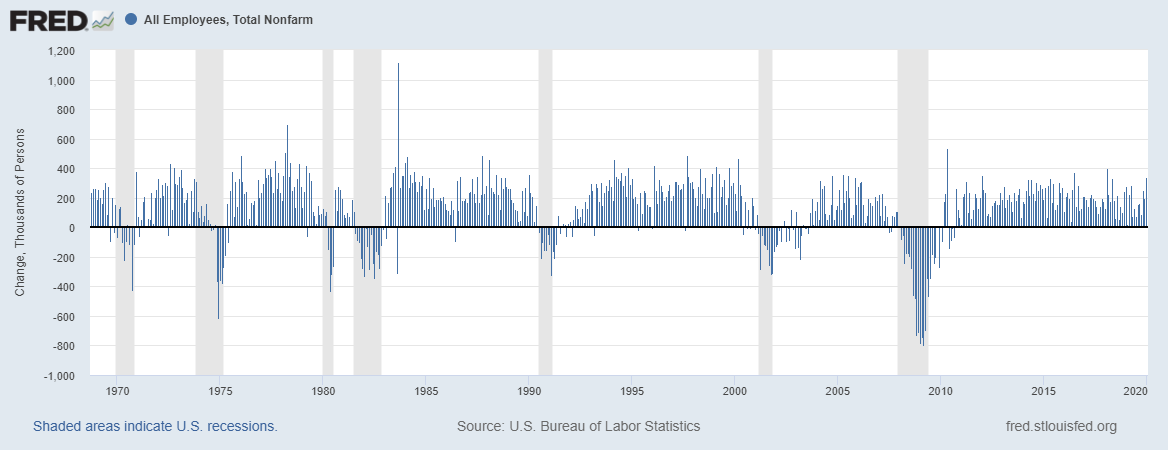The initial compromise
The Cyprus compromise combines a 10 billion € bailout with European, basically German tax-payers money, that also obliges rich account owners (9.9% levy) – rich Russians and Brits – and poorer account owners (6.75% levy) – Cypriot tax-payers money – to take part in the deal.
Initial reactions from Zerohedge over Keynesian mainstream to Pirate Party
Articles in the German Handelsblatt and Die Welt concentrated on the continuing bailouts, on German transfers to the periphery, but they also mentioned the participation of average savers. They were quite happy that foreigners were obliged to participate, what Paul Krugman and many others called a haircut. The FAZ insisted that only the rich, especially Russians, should pay the Cyprus bill.
Many like the Swiss NZZ repeat that the European investor protection is worthless now, while bank clients should pay attention in which country they deposit their funds. In order to maintain the good NZZ relationship with the SNB, the Swiss did not make explicit which country is safer than Cyprus. A 4 days old news got recycled to talk again about negative Swiss interest rates.
Leading members of the German pirate party, however, want to apply a Cyprus-style levy with focus on the rich to deposits in the whole euro zone. They would use the funds to strongly recapitalize weak European member states so that a “Cyprus contagion” is prevented by facts.
Hard-core Austrian economists like Zerohedge for once agreed with Keynesians like Karl Whelan, Felix Salmon and the Washington Post about the dangers of a bank-run.
Felix Salmon speaks about the possible end of the successful Cypriot banking model.
Cyprus has been relying up until now on its status as an offshore financial center, especially for Russians. That has bloated its banks with deposits, and if the deposit bubble bursts, the government has no money at all to bail out the banks.
(source Felix Salmon)
The difference among them, however, was that Zerohedge concentrated on the upcoming suffering of the wealthy, while Felix Salmon insisted that austerity exercised on the poor will not be helpful for politicians to be re-elected and the Washington Post even titled “Why today’s Cyprus bailout could be the start of the next financial crisis”.
The rather Keynesian Financial Times says that “households always bear the brunt of eurozone bailouts”, but makes clear:
It’s a tax. People generally expect to be taxed on their wealth. It could fall on consumption or income, for example. This time (unusually) it’s on deposits and a one-off (they say) but there’s a principle underneath. Deposits are not stores of value. While the government might make you safe (to a degree) from your counter-party risk lending to a bank, it will not make you safe from applicable fiscal laws.
Clearly the compromise is also a bail-in, that correspond to enforced depositor CoCos. A levy on deposits (without CoCos) is nothing new. “Italy did that as part of a big fiscal house-clearing” in 1992.
Moreover, you should not forget that German account holders in Swiss banks had to pay to German tax authorities between 19% and 34% levy to legalize their Swiss money. A pity that Putin did not cooperate: They did not sell the Cyprus incident to the public as a tax to Russian authorities, but now it is a haircut, a dispossession…. Russian oligarchs seem to have better relationships to Putin than the French or German rich have to their government… Depardieu departed ….

Are you the author? Previous post See more for Next post
Tags: Cyprus,Keynesian,Russia,Zerohedge




























